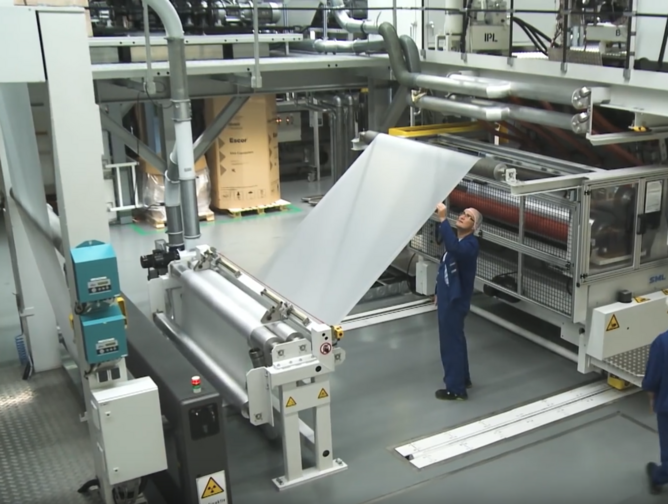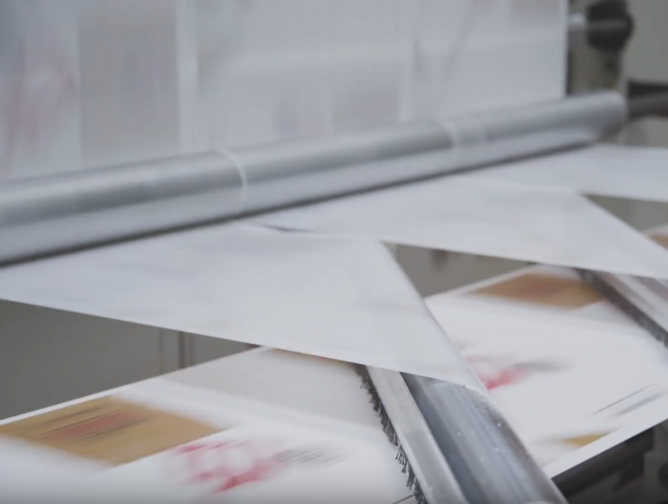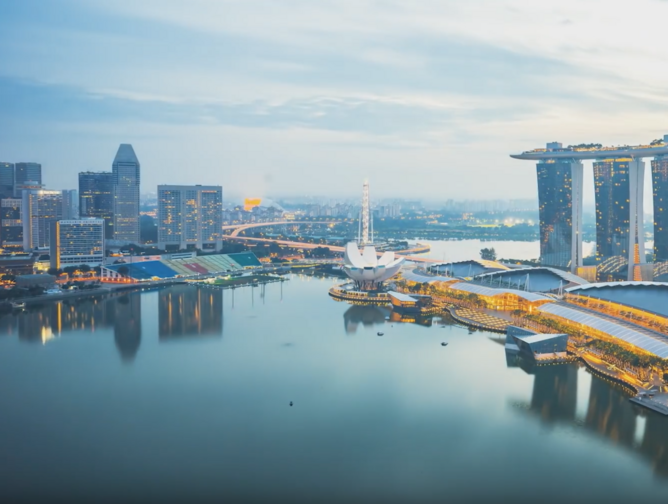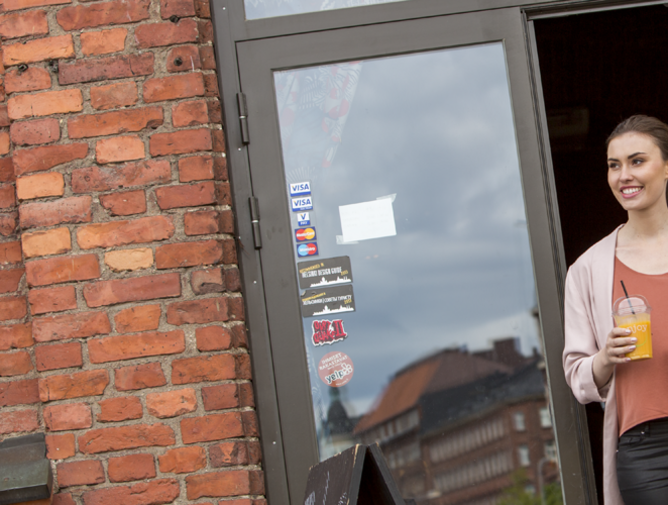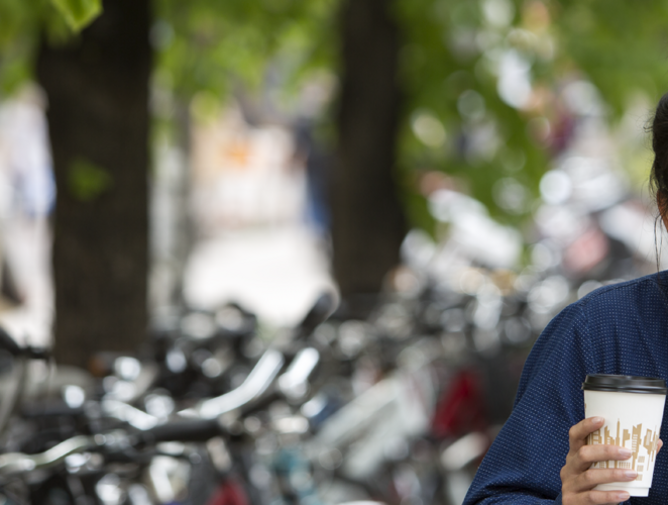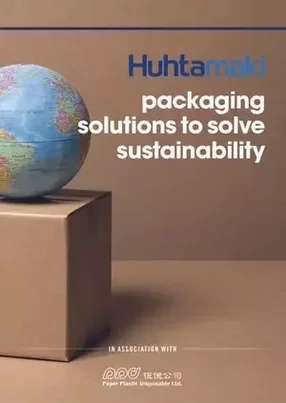Huhtamaki is a global specialist in the food and drink packaging industry . The company operates across 35 countries including Europe, Asia, Oceania (EAO) and the US, working across three verticals; flexible packaging, moulded fibre packaging and foodservice packaging. Through these key verticals, Huhtamaki holds sustainability at its core and ensures that it offers an increasingly diverse portfolio of sustainable products and practices to satisfy the rising demand for CSR coming from a more conscious consumer base.
Chi Lu, Head of Sourcing – Foodservice Asia-Oceania at Huhtamaki, outlines the challenges of maintaining a network of sustainable products across distant locations and evolving cultural shifts. Chi is responsible for the governance of sourcing operations in the Asia Oceania region within the Foodservice segment and is accountable for managing five direct reports for the traded goods and coordinates project between the group and the local units. “I belong to a functional sourcing organisation working within the Foodservice EAO segment,” explains Chi. “For sourcing, I’m part of a group function.” Our team supports manufacturing units in India, New Zealand, Australia, China and Malaysia, totalling seven factories and four sales offices operating in the Asian Oceania region.
The complexities of finding sustainable materials produced by sustainable manufacturers, who take social responsibility seriously, provides its own challenges. To eliminate the ambiguity of operating in smaller departments across a diverse range of countries and cultures, Chi has turned to creating a sourcing hub for traded goods in the Asia Oceania region, where suppliers and materials can be vetted through a single aligned process and set of regulations. To maintain consistency across all of its sourcing methods, Huhtamaki Foodservice EAO has chosen to apply a single centralised sourcing model within its group level. “In the group sourcing organization, we have a sourcing director who is based in Europe for all the sourcing functions operating with our category buyers,” says Chi. “The group function will centrally source key raw materials, paper, polymer, resin, ink and logistic for the segment manufacturing units and my team looks after third party traded goods and we are based in Asia.”
When looking to find alternative materials, a number of factors must be considered beyond the tangible assets being offered by a prospective supplier. Maintaining sustainability can be easy to overlook with the production methods or workforce conditions used to manufacture any given material. As a juxtaposition to this there is also the practicality of what a material can do when trying to replicate the versatility and robust nature of plastics. Some materials may require additional chemical additives to achieve a level of quality in line with what a consumer may be used to from traditional materials.
“There are instances where a client may be used to plastics yet when turning to sustainable materials, has very high standards. Not every supplier will pass those strict requirements,” affirms Chi. Another challenge to replace traditional material like plastic is maintain its long-term sustainability. An example “Typical alternative to plastic utensils is wooden cutlery and wooden cutlery is made from birchwood and birch tree usually takes about 20 years to mature. In the US alone, there are about 40bn plastic utensils used each year. If you intend to replace all 40bn units annually, the end product wouldn’t be sustainable when considered as a whole.” With this in mind, we ensure our suppliers source their raw material from a sustainable source.
Huhtamaki is also a creator of sustainable materials. It’s Fresh initiative created a meal tray from natural wood fibres, sourced from FSC certified renewable Nordic forests, in collaboration with Saladworks and Södra. The material can match the versatility of black plastic but is still recyclable and certified for home composting. “Huhtamaki Fresh has ensured the removal of 56 tonnes of hard to recycle black plastic from Waitrose & Partners supply chain, per year. The fibre-based packaging is also 10% lighter than conventional trays and creates a 50% reduction in CO2 Emissions,” comments Tor Harris, Head of CSR at Waitrose & Partners.
Chi has also turned to Bagasse, a natural alternative to provide one solution with the resilience of plastic packaging. Bagasse is the dry pulpy fibrous residue that remains after sugarcane or sorghum stalks are crushed to extract their juice. This material can then be processed to create a biodegradable plastic alternative.
The perception of sustainable products can sometimes be different from the reality, consumers may expect sustainable materials to behave a certain way on first impressions without knowing the details behind it. For example, there are instances of materials that may be listed as biodegradable but require certain conditions to act as a catalyst in order to achieve that degradation, such as PLA. “PLA is made from starch and other compound which may be able to decompose into a carbon in a controlled environment, that is industrial composting facilities,” says Chi. “However, there are places, that doesn’t have the industrial composting facilities needed to start this decomposition. Putting it into a landfill is not enough.”
Huhtamaki is also educating customers around achieving sustainability whilst maintaining high standards for product packaging. The Packaging for Good programme focuses on four key themes, people, packaging, supply chain and operations, to offer Huhtamaki’s expertise and guidance for a company's CSR goals and within Huhtamaki itself.
By educating consumers on the realities of sustainable materials, Huhtamaki Foodservice EAO segment is able to work with customers to find which materials would best accommodate the customer’s requirements, ensuring a satisfactory outcome for the business and the environment. Chi explains one example where Huhtamaki Foodservice EAO worked with its client to reach a sustainable and economically viable solution, “our customer’s goal was to find an alternative to plastics by 2020. We are able to work with our customer, understanding their requirements and from there we ran, supplier selection, trials, product samples and negotiated the commercial terms. The sourcing and product development process ran within our customer’s specific time line and by the end, we were able to remove plastics in that supply chain.”
The demand for sustainability is rising as consumers are unable to ignore the realities of a future reliant on single use products manufactured from pollutive materials.
“Sustainability is on top of the agenda for Huhtamaki,” summarises Chi. “In terms of changing from unsustainable to more sustainable alternatives, there is no challenge - it simply must be done.”

